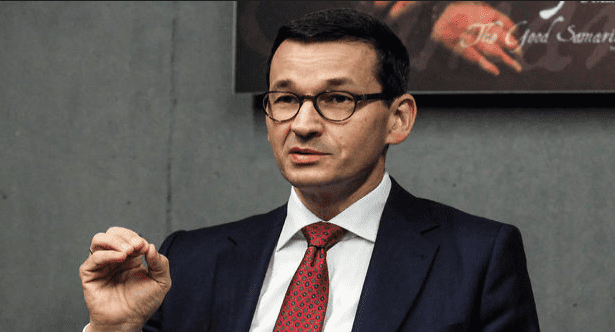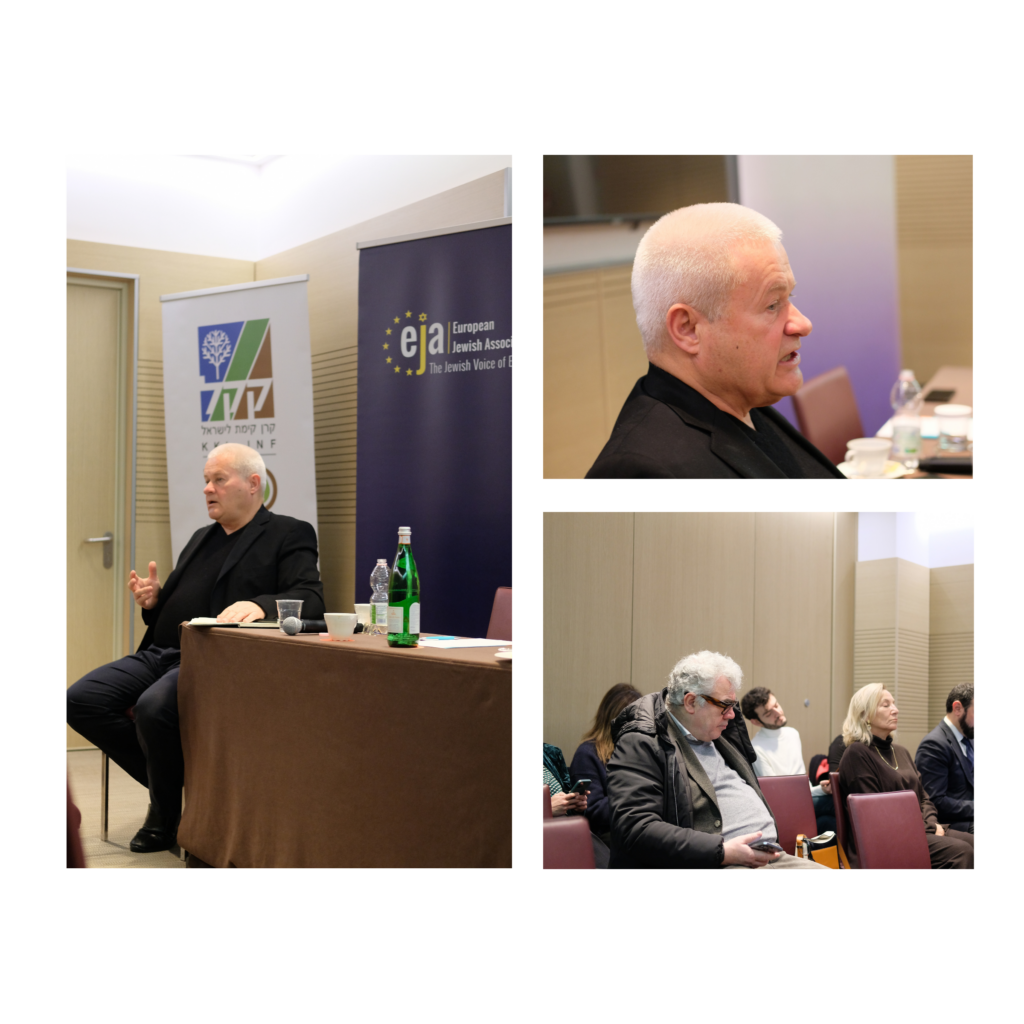The lower house of the Polish parliament is expected to vote this week on a new bill on animal welfare, which includes restrictions on Jewish slaughter and kosher meat exports that could affect many of Europe’s Jewish communities as well as meat prices in Israel.
After the controversy created by the law banning people from accusing Poland of Holocaust atrocities committed by the Nazis, the country’s ruling party has submitted a new bill restricting kosher slaughter and threatening anyone who violates the restrictions with up to four years in prison.
The new restrictions are included in a 48-page general bill on animal welfare, which the lower house of the Polish parliament is expected to vote on this week.
The restrictions include a ban on exporting kosher meat from Poland, which is expected to affect many of Europe’s Jewish communities, as well as meat exports to Israel. Some of Israel’s supermarket chains import and sell kosher meat from Poland, increasing the competition in the Israeli meat market. A drop in meat exports from Poland could lead to a hike in meat prices in Israel.
The bill also seeks to ban slaughter when the animals are in an “unnatural state”—in other words, when the animal isn’t standing on all four feet, making a kosher Jewish slaughter practically impossible. According to European Jewish Association (EJA) Chairman Rabbi Menachem Margolin, “Kashrut laws forbid to apply any pressure on the knife to protect the animal from unnecessary pain. Preventing this pressure is impossible when the animal is standing with its head leaning heavily on the knife.”
Vowing to fight the new bill, Margolin called on the Israeli government to stipulate an amendment of the slaughter law as part of an agreement between the two governments.
“These restrictions on kosher slaughter are in complete contradiction to the principle of freedom of religion of the European Union,” the rabbi said. “The situation in Poland is unacceptable. I call on the government in Poland to avoid enacting this shameful law and to take into account that the Jewish people’s faith in the Polish leadership is deteriorating. I can’t imagine what the next stage will be after the Holocaust law and imposing restrictions on kosher slaughter in the country.
According to Rabbi Margolin, the new restrictions will make it impossible to perform a kosher slaughter in Poland. “There are people who have invested a lot of money in building kosher factories and slaughter houses, and now this shocking law comes along and puts an end to it. There is an unclear desire here to exclusively harm kosher slaughter and limit kosher meat exports. They are failing to explain the logic of the law. Populism and nationalism are skyrocketing and creating wars with the Jews for political purposes.”
The Polish parliament banned kosher slaughter in 2013, but the decision was struck down by the constitutional court. The judges accepted an EJA petition and ruled that the Polish law contradicted the principle of freedom of religion.
The Article was published on Ynet website
















